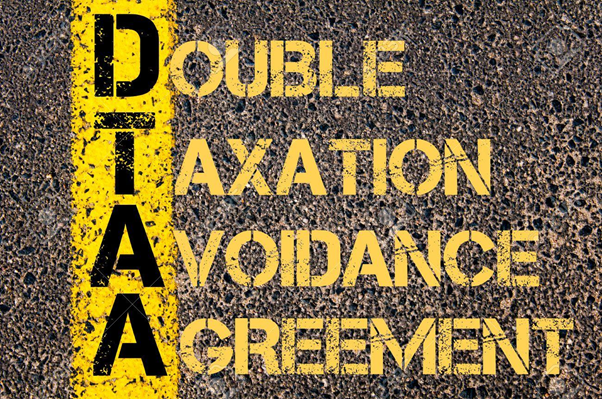Bangladesh to revise Double Taxation Treaties
Summary: The tax authority of Bangladesh has taken measures to redraft the existing DTAA in order to assimilate it with advanced protocols.
The DTAA (Double Taxation Avoidance Agreement) simultaneously guarantees that an individual does not have to pay tax twice in two countries and also that he/she does not avoid paying taxes in all. This agreement is to be modernized in such a fashion that it is able to grow proportionately with the digital economy, in view of the fact that the services and digital economy are developing impressively and universally.
Officials have said that thirteen countries have already received the updated protocols. It has been sent to each of its concerned administrations with the assistance of the diplomatic agencies. The National Board of Revenue (NBR) has named a number of countries so as to revise the DTAA agreement with them. The mentioned countries are the United Kingdom, the Netherlands, Switzerland, Sweden, Singapore, Norway, India, Mauritius, France and Canada. Niaz Morshed, second secretary of the income tax (international taxation wing), commented that several DTAAs required adaptation since Bangladesh was in the quest of a taxing right to the digital economy. He further stated that the revised protocols have been delivered to the Ministry of Foreign Affairs as well, in order to set it in motion.
The non-resident companies, with no permanent establishments (PE), are managing to get excused from paying taxes due to the prevailing DTAAs.
Several global giants have designed a mechanism of collecting taxes through virtual transactions. The companies are gaining financially from Bangladesh; however, the tax authority is not being able to track down their income.
In the present day, Bangladesh has DTAA with 36 countries. The DTAA between Bangladesh and India was ratified in 1993 and was updated in 2013. Bangladesh signed the deal with France in 1989; the DTAA with the Netherlands was signed in 1994; Singapore in 1982; Switzerland in 2010; Mauritius in 2012; Canada in 1985; USA in 2007; the UK in 1980; Norway in 2006 and Malaysia in 1990.
Al Maruf Khan, an expert in international taxation, propounded to synchronize the DTA and direct tax law for the purpose of addressing any ambiguity. He articulated that the revision of DTAA requires four to five years for negotiation. Howbeit, it needs revision after every 15 to 25 years as business processes change during this period.
The previous income tax member Aminur Rahman expressed that only the DTAAs signed with eminent trading partners ought to be upgraded.
The DTAA is one significant stipulation in the income tax enactment. This is because it opens the door for foreign direct investment (FDI) and enables the transfer of technological proficiency.
The clauses in the DTAA are different for each country depending on its bilateral relationship.
Article Source: Financial Express
Picture Source: ask.careers


Leave a Reply